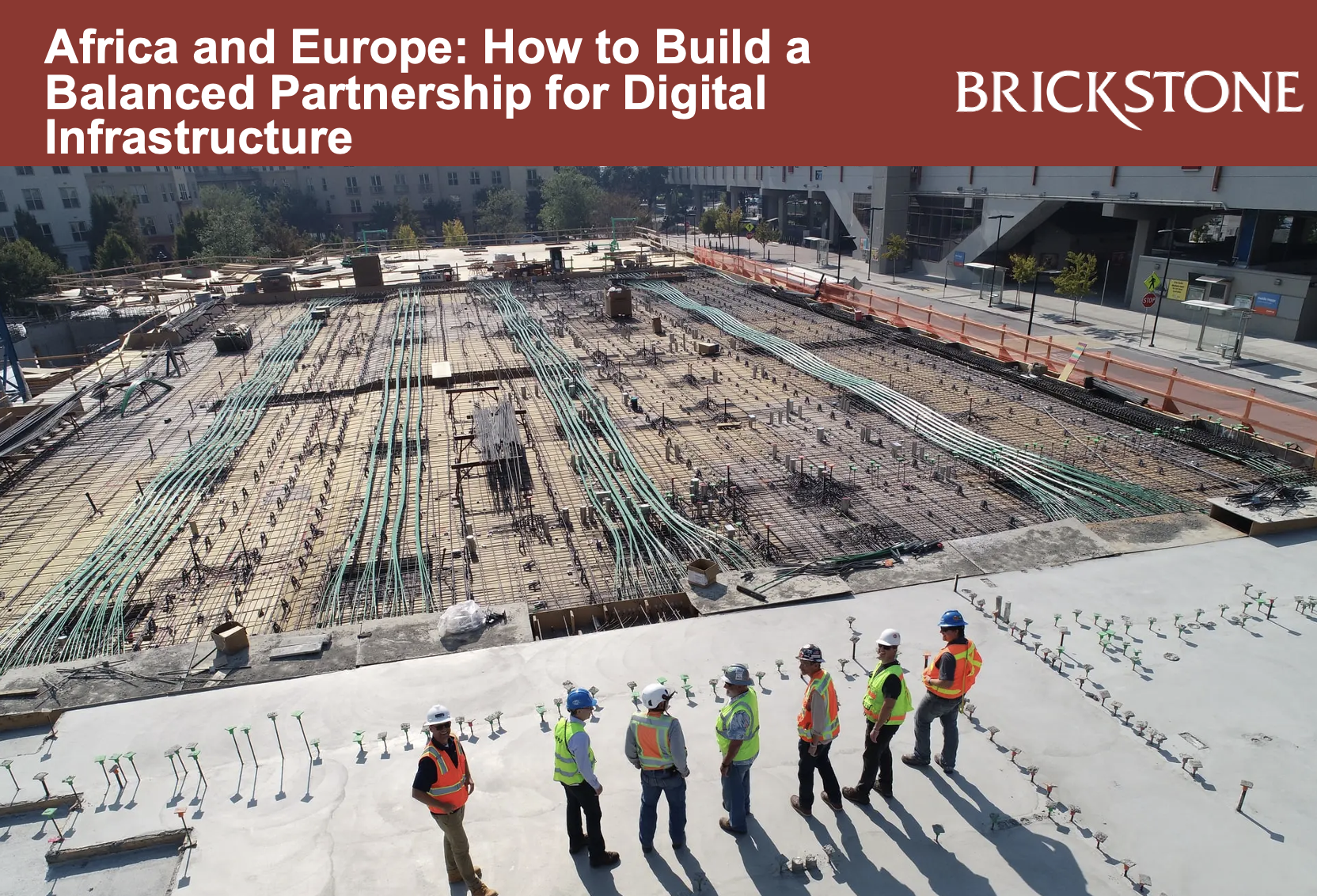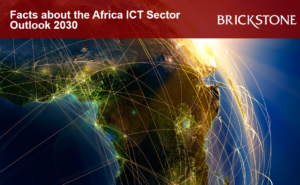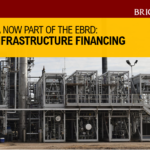Africa and Europe: How to Build a Balanced Partnership for Digital Infrastructure
According to the African Center for Economic Transformation (ACET), the COVID-19 pandemic has highlighted the importance of digital infrastructure for Africa’s economic and social development. Digital infrastructure, such as broadband networks, data centers, cloud services, and digital platforms, enable access to information, education, health, finance, trade, and government services and support innovation, entrepreneurship, and job creation.
However, Africa lags behind the rest of the world in digital infrastructure development and investment. According to the World Bank, African countries spend about 1.1 percent of GDP on digital investment, while advanced economies spend an average of 3.2 percent. This digital divide threatens to widen further if business as usual continues. To bridge this gap, Africa needs to invest more in digital infrastructure and create an enabling and trusted environment for its development and deployment. However, this is not an easy task.
This article by Brickstone Africa reviews ACETs publication on how to build a balanced partnership for digital infrastructure, highlighting key facts and insights.
Africa’s Digital Infrastructure
Digital infrastructure in Africa depends on other infrastructure, such as energy and internet access, which are also lacking or unreliable in many parts of the continent. It also requires large-scale or scalable projects that can generate economies of scale and network effects, which are scarce in Africa, especially those with a regional integration purpose as regional public goods.
Africa faces a huge infrastructure gap that hampers its economic and social development. According to the Global Infrastructure Hub, the continent needs $1.7 trillion of investment in infrastructure by 2040, out of a global total of $15 trillion. Poor infrastructure in Africa costs as much as two percent of economic growth annually, according to the World Bank.
Moreover, it needs a sound and coherent policy framework that can facilitate and incentivize investment, while also protecting African citizens, businesses, governments and economies from potential risks and harms. However, many African countries lack adequate digital policies or regulations that can address these issues effectively. Furthermore, Africa’s digital infrastructure priorities and agenda are not clearly and coherently articulated by the African Union (AU) and its member states.
These challenges call for a more concerted and collaborative effort by Africa and its partners to support the development and deployment of digital infrastructure in the continent. Among these partners, Europe has a unique role to play as a long-standing ally and a major investor in Africa’s development.
The following are key facts from the publication:
According to ACET, one of the most critical areas of infrastructure is digital connectivity, which enables access to information, services, trade, and innovation. As of 2021, only 15% of rural citizens and 50% of urban citizens on the continent used the internet. The situation varies widely across countries, depending on their size, stability, and innovation culture. Moreover, internet usage is significantly lower for women than men across the continent.
Increasing funding for last-mile connectivity that reaches remote and underserved areas is essential for achieving a digitally integrated continent by 2030, as envisioned by the African Union (AU) in its Digital Transformation Strategy (DTS) for Africa (2020-2030). The DTS outlines a vision and a roadmap for leveraging digital technologies to foster inclusive and sustainable development in Africa. To support the implementation of the DTS, the AU Commission (AUC) has launched several initiatives that seek to enhance investment in regional and continental digital infrastructure, such as ICT, transport, and energy infrastructure.
According to the 2022 Infrastructure Consortium for Africa (ICA) report, financial commitments to Africa’s ICT sector have increased since 2018, reaching $11.4bn in 2019 and $10.4bn in 2020. The private sector contributed the largest share (63%), which is a positive sign of its interest and potential in the sector. However, given the huge infrastructure gap, more is needed to spur private-sector investment in digital infrastructure. Africa’s digital transformation depends on enhanced investment in digital infrastructure that is sustainable, inclusive, and beneficial for its citizens, businesses, governments, and economies.
The EU has recently launched two initiatives that aim to strengthen its partnership with Africa on sustainable connectivity: the Global Gateway and the Team Europe initiative on digital connectivity. These initiatives offer an opportunity for the EU to better compete with other actors, particularly China, which has a dominant presence in Africa’s digital infrastructure. According to some reports, China has built seventy percent of Africa’s 4G infrastructure and has been actively promoting its Digital Silk Road initiative as part of its Belt and Road Initiative.
To deepen collaboration and ensure better balanced partnership between Africa and Europe amidst Africa’s digital infrastructure challenges, it will require both continents to work together more effectively to learn lessons and fill policy gaps that will incentivize sustainable and beneficial digital infrastructure. It also requires accelerating and scaling up investment in digital infrastructure, especially in cross-border projects that can serve as regional public goods. Moreover, it requires engaging more with civil society organizations (CSOs) and academia in the policy discussion around the deployment of digital infrastructure in Africa, as they can provide valuable insights and perspectives that are often missing from the global north.
Read more here.






